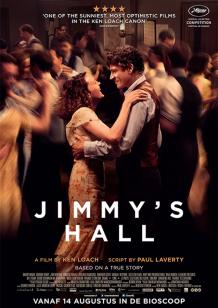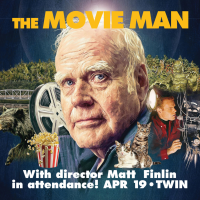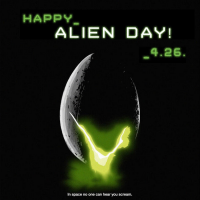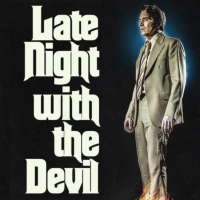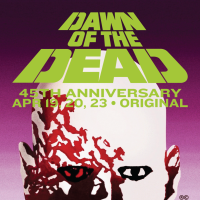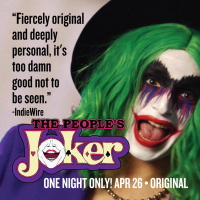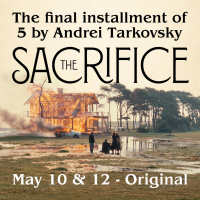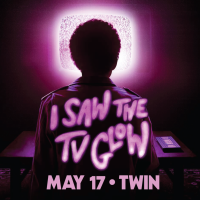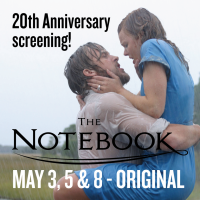"Ken Loach has taken a despicable episode of modern Irish history — the 1933 deportation without trial of one of its own citizens, James Gralton — and made a surprisingly lovely, heartfelt film from it with “Jimmy’s Hall.” A thematic sequel of sorts to his Cannes-winning “The Wind That Shakes the Barley,” Loach’s 24th fiction feature finds the activist-minded director trafficking in familiar themes of individual liberties, institutional oppression and the power of collective organizing, here infused with a gentle romanticism that buoys the film without cheapening the gravity of its subject. All told an enjoyable work by a master craftsman.
"Jimmy’s Hall unfolds against a nation still sharply divided along political and religious lines. Back before the war, Jimmy (Barry Ward) had founded the Pearse-Connolly community hall in the southern Irish county of Leitrim, which became a home to dances and classes in art, music, literature and sport. All that brought the hall, and Jimmy himself, under the intense scrutiny of the local Catholic leaders, who considered education their exclusive purview and saw the hall as a threat to their sovereignty. So Jimmy fled to New York, and when “Jimmy’s Hall” opens in 1932, he has only just returned, to help his elderly mother (the excellent Aileen Henry) run the family farm following the death of his brother.
"It doesn’t take long before the bored local youths persuade Jimmy to reopen the shuttered hall, now lying in a state of dusty disrepair, and for a while the movie comes to resemble one of those Mickey Rooney-Judy Garland musicals, with everyone from miles around pitching in to help restore Pearse-Connolly to its former luster. Of course, all such stories must have a threatened, uncomprehending villain, and “Jimmy’s Hall” serves up a choice one in the form of parish priest Father Sheridan (Jim Norton). Jazz is the devil’s music, he tells his congregation.
"As the hall grows in popularity, it also becomes a locus of community activism, particularly for those rallying against the forced eviction of poor tenants from the estates of wealthy landowners. This allows Loach to stage several of the talky but stimulating ideological tennis matches that were hallmarks of both “The Wind That Shakes the Barley. While some knowledge of the era’s Irish political landscape may be helpfu, no prerequisites are needed to understand Gralton as a man of the people who rises to the occasion at enormous risk to his own future. - Variety

